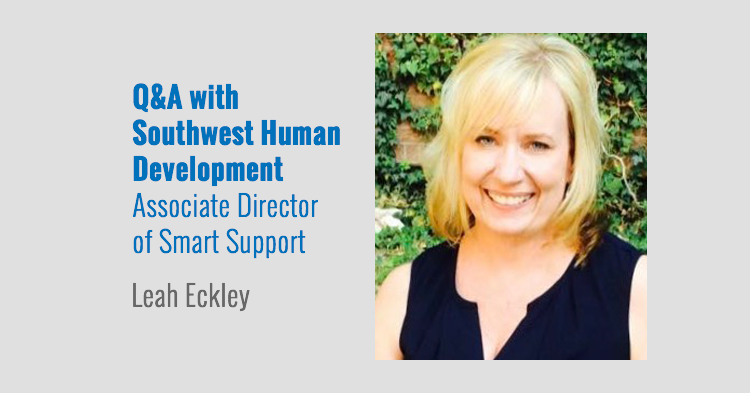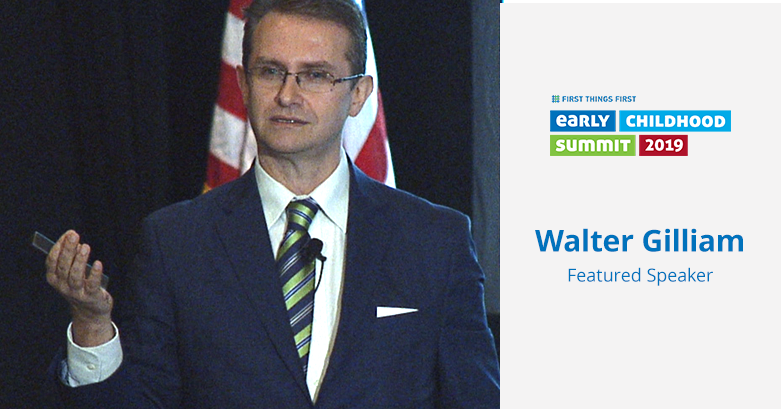
May is Mental Health Awareness Month, a time to focus attention on the social, emotional and behavioral health of our young children.
Just like their physical health, a young child’s social and emotional well-being plays a big role in their ability to learn, form positive relationships, develop self-control and other important aspects of their healthy development. Young children need help to regulate their emotions. Self-regulation is an important life skill that helps children listen, wait and react calmly to things they don’t want to hear.
“Young children are learning how to experience, express and regulate their own emotions and understanding,” said Leah Eckley, assistant director of mental health services at Southwest Human Development. “There is some trial and error, so they need to be able to experiment and learn while in a safe relationship with caring adults who can give them guidance.”
Supporting Mental Health in Child Care and Preschool Settings
National data shows that pre-k children are expelled at much higher rates than K-12 students. This is a multifaceted issue, but many times expulsions occur when adults perceive children’s behaviors as being too challenging for them to manage.
Young children’s behaviors can be difficult for adults at times. Little ones often have intense emotions which they sometimes express through behaviors like hitting, tantrums and crying, since they do not yet have the language skills to talk about their upset. And some children struggle more than others, given characteristics such as temperament or difficult experiences or life circumstances.
Early childhood mental health consultation is designed to help early care and education professionals identify and address the mental health challenges of children they work with in child care, preschool or other group settings. Early childhood mental health consultants are professionals trained to work directly with child care providers to help them learn strategies to reduce challenging classroom behaviors, lower expulsion rates in child care programs, and help build the foundation for children’s mental health.
Many child care providers enrolled in First Things First’s Quality First program have access to a mental health consultant through Smart Support, Arizona’s early childhood mental health consultation program. Smart Support is an effective and efficient strategy to enhance the capacity of early childhood providers to:
- Support the healthy emotional and social development of all children in a child care or preschool setting
- Identify and address the mental health struggles of individual children
- Reduce suspensions and expulsions
- Bridge and strengthen relationships between family and school
- Increase knowledge of early trauma and encourage trauma-informed care
- Provide culturally responsive services that promote equity and reduce disparities
| Now Hiring: Mental Health Professionals
With the recent increase in federal funding for mental health consultation, more child care centers in Arizona can be served by Smart Smart, and the program is looking to hire more early childhood mental health consultants. Consultants must have a masters-level degree in mental health, enjoy working in fast-paced, child-centered environments and be willing to travel locally. See the full job description for more information. And please share this opportunity with colleagues and friends. |
What Families Can Do
The most positive influence on early childhood mental health is for a child to know that at least one person really cares and is available for them. In a family setting, that’s when a child knows that their parent genuinely likes being with them and also that the parent will stay emotionally connected to them even when the child is upset, angry or otherwise not at their best.
“The most important thing a parent can do for their child is to love them unconditionally and provide a safe and emotionally secure environment for them to grow and thrive,” Eckley said. “Children need their parents to set healthy limits and at the same time give them space to make mistakes and learn.”
All children act out at times and display troublesome behaviors. However, if difficult behaviors seem extreme, occur frequently and last for more than a couple of weeks, it might be helpful to seek assistance from a professional.
“Some red flags to pay attention to are when a child is having challenging behaviors that are long in duration, frequent, and your parenting knowledge and skills are not resolving the issue,” Eckley added. “Then, it might be good to call the Birth to Five Helpline at 877-705-KIDS (5437). Helpline specialists are child development specialists who can talk with you about your observations and concerns.”




